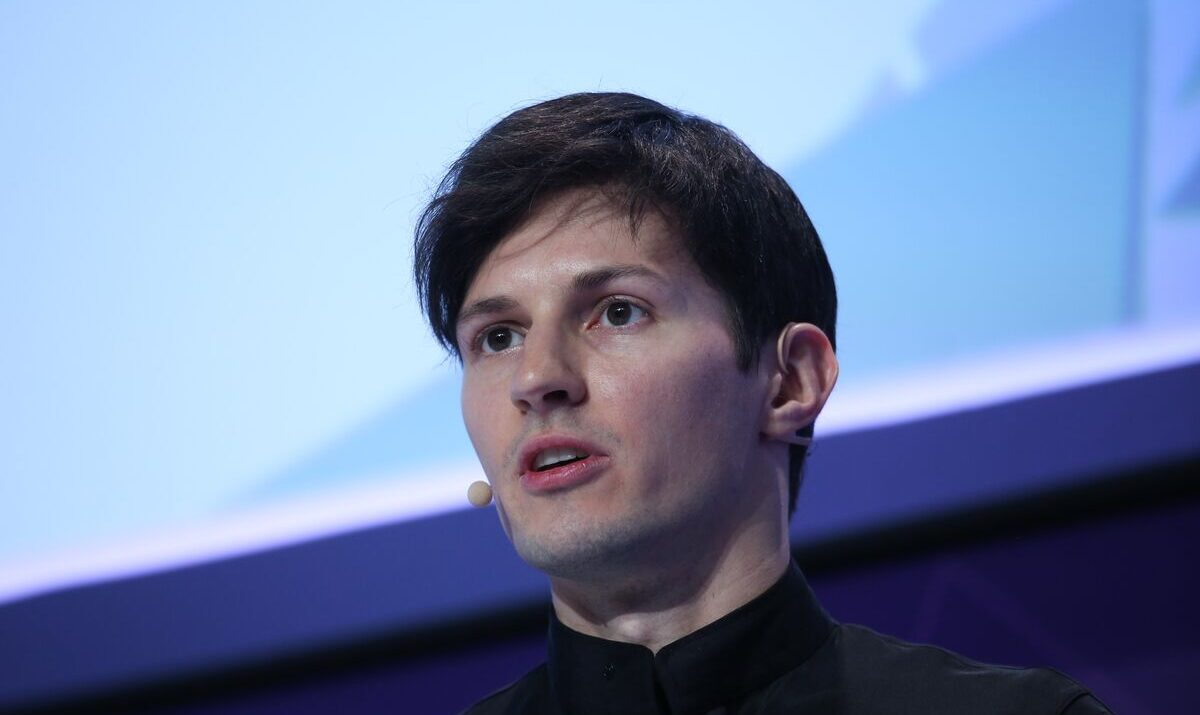In a move that underscores a growing trend among high-profile individuals discussing their reproductive strategies, Pavel Durov, founder of Telegram and worth $15.5 billion, has offered to cover IVF treatments for women interested in using his sperm at a Moscow clinic.
- Offer Details: Women under 38 and medically eligible can have IVF treatments funded by Durov at the Altra Vita IVF clinic in Moscow, where his biomaterial is exclusively stored and used.
- Clinic’s Statement: The clinic has praised Durov’s offer as a generous societal contribution, highlighting his status as a prominent entrepreneur.
- Biological Children: Durov has openly stated that he has fathered over 100 biological children in 12 countries through sperm bank donations over the past 15 years.
Durov’s Philosophy and Background:
- Sperm Donation Advocacy: Durov advocates for destigmatizing sperm donation, encouraging healthy men to contribute and assisting couples struggling with fertility.
- Personal Life and Legal Issues: Durov, who now faces legal challenges in France related to his app’s alleged misuse, emphasizes his civic duty to aid in human reproduction.
- Entrepreneurial Journey: Since leaving Russia due to government pressure, Durov has lived in various countries, contributing to his global influence and controversial life story.
Global Impact and Discussions:
- Reproductive Ethics: Durov’s actions contribute to ongoing debates about ethical considerations in reproduction, especially concerning high-profile individuals influencing genetic legacies.
- Comparison with Peers: Similar to other wealthy figures like Elon Musk, Durov’s approach to reproduction reflects a unique perspective on legacy and societal impact, raising questions about the motivations and implications of such reproductive strategies.
Pavel Durov’s initiative to fund IVF treatments for women using his sperm is part of a larger narrative involving wealthy individuals influencing reproductive technologies and practices. As this trend continues, it presents new ethical, social, and legal discussions about the future of human reproduction and the role of individual legacy in shaping it.










